What It Means to Adopt a Rescue Dog
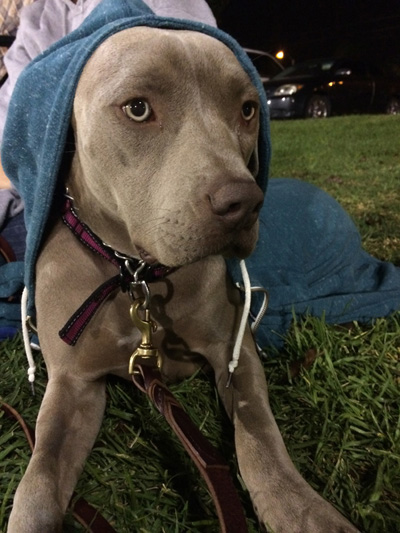
by Natalie
 No, they’re not perfect. Or grateful, friendly or even housetrained. They won’t cuddle with you in the middle of the night or hang out with you on the couch. They don’t know the words “play,” “treat” or “walk,” or what it means to have a bounty of toys to choose from.
No, they’re not perfect. Or grateful, friendly or even housetrained. They won’t cuddle with you in the middle of the night or hang out with you on the couch. They don’t know the words “play,” “treat” or “walk,” or what it means to have a bounty of toys to choose from.
They don’t know that the backyard is a place for them to run around in and that bath time means they stay cleaned. They don’t understand that going inside the house is a good thing, and that following you around like a shadow is even better. They’re confused by praise, and uncertain about the concept of “tricks.” Car rides don’t mean head-out-the-window, wind-in-your-face, ears-swept-back, pure bliss, just like parks aren’t bounding-freely-through-the-grass, leaping-to-catch-that-ball, butt-in-the-air total joy.
That kind of unadulterated happiness comes later. Sure, there are exceptions to this rule, as there are always exceptions, but more than likely, your dog is not one of them, so do them a favor, and quit thinking that they are. It’s not fair to you, and it’s definitely not fair to the exhausted, frightened, insecure dog that lies before you with wide eyes and head hung low.
When you adopt a new rescue dog, it means you adopt a new lifestyle. You wake up a little, okay a lot, earlier than normal just to coax them out of the corner of the room and outside where, lo and behold, the skateboards, cars, kids screaming, birds chirping, sun shining – where the world scares him. These dogs, the ones who were so 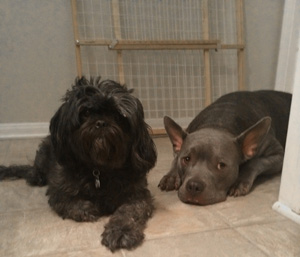 carelessly dropped off to be “recycled”, or worse, thrown away because no one wanted them, have witnessed and lived the worst of the worst; they saw raised fists and lit cigarette butts and chains tied to a tree. They felt fleas cling to their bodies, ticks suck their blood and worms drain their intestines. They have never experienced love before; they learned that staying quiet meant you didn’t get yelled at, but growling at strangers was a necessity. They learned that baring teeth was not only acceptable, but encouraged, except to the one person who shoveled out a poor meal of cheap dog food once a day.
carelessly dropped off to be “recycled”, or worse, thrown away because no one wanted them, have witnessed and lived the worst of the worst; they saw raised fists and lit cigarette butts and chains tied to a tree. They felt fleas cling to their bodies, ticks suck their blood and worms drain their intestines. They have never experienced love before; they learned that staying quiet meant you didn’t get yelled at, but growling at strangers was a necessity. They learned that baring teeth was not only acceptable, but encouraged, except to the one person who shoveled out a poor meal of cheap dog food once a day.
They measured their worth by the attention they received, and for many of these rescue dogs, that wasnothing. They have been through hell and back, and now they stare at you through the cold bars of their kennel, waiting to find out why life is worth living.
Adopting a rescue dog is not meant to make you feel better about yourself for doing a good deed; it’s about saving these animals from an unspeakable horror that no living being should ever experience. These dogs were once considered trash, and you stepped up to give them a second chance at life. No, they are not perfect, but I can guarantee they are worth it.
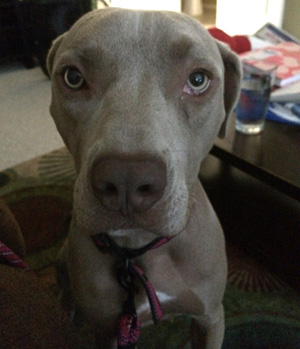 They are worth the loss of sleep at night and the worry lines on your forehead. They may try to rip the leash from your hands and dig holes in your yard and chew through your cable wires. They might cause an allergic reaction or try to chase your cats or jump the fence. They may do all of this and more, but nobody said that adopting a rescue dog would be easy.
They are worth the loss of sleep at night and the worry lines on your forehead. They may try to rip the leash from your hands and dig holes in your yard and chew through your cable wires. They might cause an allergic reaction or try to chase your cats or jump the fence. They may do all of this and more, but nobody said that adopting a rescue dog would be easy.
If you think they will be a perfect little angel from the get-go, then you are sadly mistaken. Rescue dogs are a work in progress, but each one is a survivor and each one deserves to live a long, happy life. I promise that if you put in the time and effort to get to know your new family member (and really, what family member doesn’t drive you absolutely crazy sometimes?), then you will find a lifelong best friend. While rescue dogs may be rough around the edges (to put it mildly), they are also the most loyal, loving, smart and beautiful creatures you will ever meet. They are just waiting to show that side to someone special, whether it takes a couple weeks or a couple years.
So, what does it mean to adopt a rescue dog? It means heartache, pain, sadness, grief, frustration, wariness, fear, patience, hope, optimism, confidence, love, fulfillment and, above all, everlasting happiness.
Rescue dogs are used to people giving up on them, so if you adopt one, do your research beforehand and don’t prove them right.
Recommended Posts
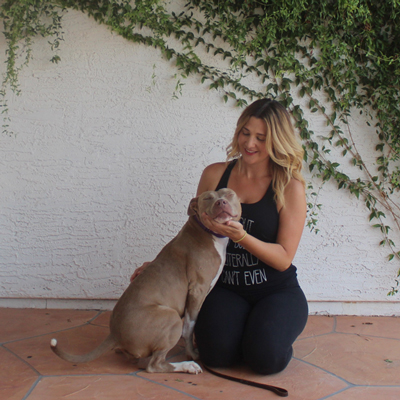
Through No Fault of Their Own Part V
September 12, 2017
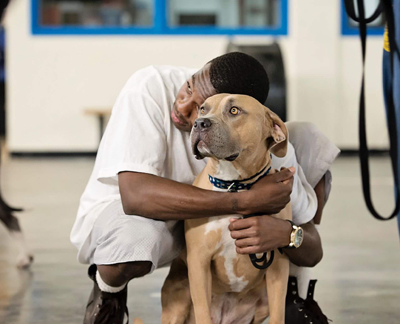
A Letter To The Men of Pawsitive Change at Corcoran State Prison
September 06, 2017
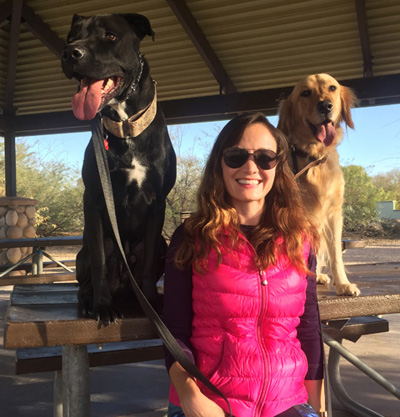
No Fault of Their Own Part IV
August 22, 2017
Comments
Comments are closed.









This is a well written piece, but I feel there should be some clarification of rescue vs. shelter. 3 of my dogs were from a rescue and I can assure you that none of these very negative traits described of all “rescue” dogs were present in any of them. Also, having worked with the local rescue, I can assure you none of them are without toys, daily care, love, proper food and medical care, and more walks throughout the day then my own dogs as they await their forever homes. Most of them get special treatment and some even get one on one work to help fix any negative behavior. One of those rescue dogs is actually being fostered right now and I can tell you she’s close to perfect and very well cared for. But she is still a rescue dog awaiting her forever home. Do I think conditions at kill shelters are terrible? Of course. Do I think all dogs that come from the shelter are going to cause their adopter “a couple weeks or even a couple years” of “heartache, pain, sadness, grief, frustration…”? Absolutely not. And the difference of a dog being adopted from a rescue and a dog being adopted from the shelter are huge. Especially at our rescue. Especially at ours, I can tell you the majority of dogs are from most of these negative labels.
You’re right, I should have been a little clearer on the difference between a shelter and a rescue. Rescues are much more involved in providing basic care, loving hands, and above all, rehabilitation to dogs who desperately need it. However, it doesn’t change the fact that these dogs, whether they came from a shelter or rescue, are homeless.
Yes, if you adopt from a shelter, the dog is most likely going to have behavior issues because they were abandoned and/or neglected, where at a rescue, they have volunteers who genuinely care about them, but it doesn’t change the fact that these dogs had a hard life previously.
I may be biased because of my experiences and working with John, but for the most part, both shelter and rescue dogs have most likely had a rough past life, and just like people, they deal with it in different ways. And as you probably know, many rescue dogs were once shelter dogs who were saved, and now they have loving people who can help them prepare for a forever home, unlike a shelter. That does take a lot of work out for the people who end up adopting them! 🙂
I know that not all the characteristics described above are applicable to all dogs in rescues or shelters, but the main point I was trying to make is that owning a dog, especially one with a troubled past, is not going to be an easy walk in the park. I just hope people understand and accept the responsibility they are putting on themselves because it’s definitely not fair to screw over the dog.
Thank you for commenting and making that point. I love hearing other perspectives that I may not have thought of before.